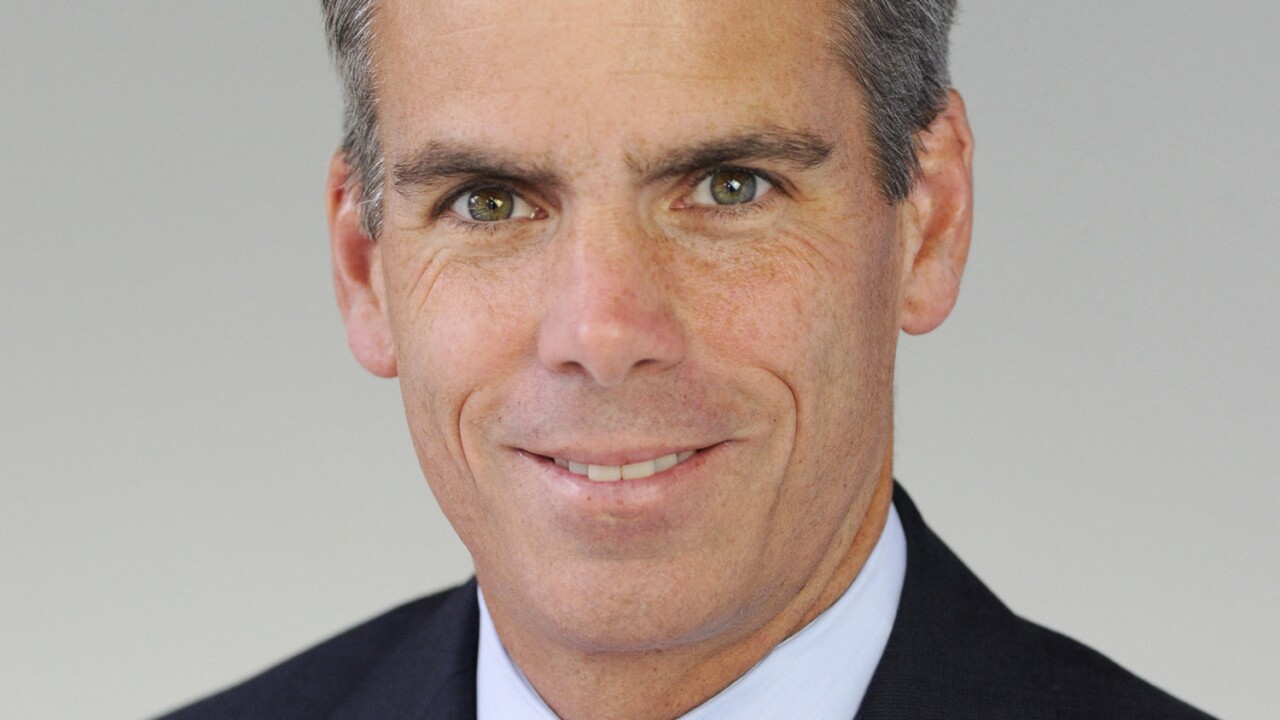The fintech Upstart, known for partnering with banks on consumer installment loans, plans to increase sharply its presence in the auto lending market this year.
The San Mateo, California-based company expects to make $1.5 billion worth of auto loans in 2022, its CEO said Tuesday, after putting the “last essential pieces in place” to begin scaling the business.

Expanding Upstart’s presence in the auto lending market is “no simple task,” Founder and CEO David Girouard cautioned during the company’s earnings call, noting that the company will have to expand its distribution channels and make further improvements to its models.
But Upstart is “confident that automotive lending is a category we can grow into for years to come,” Girouard said. He told analysts that there is “far less competition” in the auto refinance market than in the personal loan market, where Upstart works with banks and credit unions.
Though Upstart’s auto refinance operations are further underway, the company is also in the “testing phase” for auto purchase loans and expects them to grow rapidly later this year, Girouard said in an email.
The company’s expansion in auto lending comes as the automotive sector’s pandemic-driven boom continues. Consumer demand for vehicles has jumped, and a shortage of semiconductor chips has hampered manufacturers’ ability to make new vehicles.
The result has been a dramatic increase in the values of both new and used vehicles, with prices in the latter category jumping 40.5% last month compared to a year earlier, according to the most recent Consumer Price Index report.
Nat Schindler, a Bank of America analyst, asked Upstart executives Tuesday about the “absolutely absurd appreciation” in the auto market and whether the company is exposing itself to more risk if used-car prices return to normal.
But Upstart Chief Financial Officer Sanjay Datta said the company is not “baking in” inflated car values as it models assumptions about the business.
“We're in an abnormal situation, but we're not deluding ourselves into believing that that's sort of the new normal, and we're not pricing accordingly,” Datta said.
Last year, Upstart
“It can be challenging to sell software to a dealership that helps them sell more cars when they don't have enough cars to sell in the first place,” Girouard said. But Upstart is expanding “pretty rapidly” and expects more acceleration as supply-chain problems ease and dealer inventories return to normal, he said.
Currently, Upstart is retaining the auto loans it’s making on its balance sheet and earning interest income. But over the next quarter, it plans to shift to a model in which it sells those loans to banks and investors, and earns fees on the transactions.
In its fourth-quarter earnings report Tuesday, the company, which first offered auto loans in the fall of 2020, did not report its 2021 auto lending volume.
Upstart is also expanding its business in other lending sectors. The company announced in November that it would
It is also planning to expand into small-business lending this year and hopes to start making mortgage loans in 2023.
A large jump in Upstart’s revenues helped push its net income to $58.9 million during the fourth quarter, up from $1 million a year earlier. Its stock price was up 33% to $145.29 on Wednesday afternoon.





